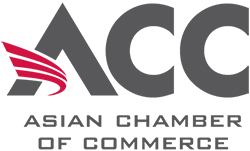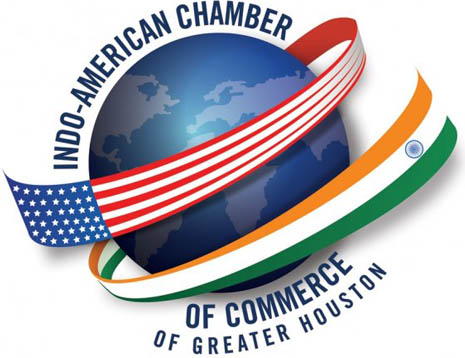21st Century Matchmaking for Small Businesses

by Shataria Starr

The lives of single people changed the day the first online dating website launched in the 1990s. Suddenly, a single person who ordinarily had a narrow dating pool—limited to a city or one side of town—now had a broad pool of potential matches across the globe. Today, dating sites like Match.com and eHarmony, have exploded with millions of subscribers who accept this avenue as a legitimate way of meeting and dating people.
The popularization of these dating sites ironically parallel what’s happening in the business world—globalization through technology-based solutions. Web-based technology that’s bringing so many singles together around the globe is the same technology that’s positioning business-to-business internet matchmaking to be the 21st century answer to the creation of partnerships.
One of the biggest challenges for small businesses bidding on construction-related projects is having a complete catalog of skillsets and/or experience to bid on a scope of work. Solutions, like partnerships, are utilized to combine project experience and business intelligence, making it possible to bid on a scope of work, then successfully fulfill contractual obligations after the job is awarded.
As easy as it may sound to collaborate with a similar business, the truth is, finding the right partner can be tough because what makes a partner “right” changes from project to project. With so many things to consider, like the city and state in which the project is occurring, types of experiences favored by the project administrator, and the importance of local contracting, to name a few considerations, small businesses may find it difficult to identify an ideal partner. And in the absence of technology, finding a partner is limited to word-of-mouth, which is equivalent to, in the dating world, your aunt introducing you to a “great catch” from church. With technology, a business’s partnering pool expands exponentially from just local great catches to national ones.
Consider this, on July 6, 2012, President Obama signed a $105 billion Surface Transportation Bill into law at a ceremony at the White House. The two-year Surface Transportation Bill will sustain current levels of funding for the construction and repair of bridges, highways and other road projects in every U.S. state until 2014. The
significance of this bill is tied to the increase in transportation projects, job creation, and opportunities for small businesses. With upcoming opportunities like the ones that will spring out of the Surface Transportation Bill, now is the time for small businesses to begin exploring (and using) matchmaking technologies that’ll position them to more competitively bid in their own states as well as others.
The Principle Partnering Group, LLC is gearing up in a different way to prepare for upcoming opportunities. We, like many other small businesses, have had successes and learning experiences associated with partnering. And while the successes are nice, it’s the learning experiences that inspire ingenuous solutions. PPG will soon announce a major initiative, years in the making, designed to match-make businesses across the nation. Users of this matchmaking site will have power tools to search by primes, subs, zip codes, cities, states, certifications, and search for upcoming opportunities.
Remember, the purpose of technology in business is to increase the bottom line—whether it’s saving time on processes, reaching more clients with less effort, or being accessible. It doesn’t matter how you’re using it, it just matters why you’re using it—to grow and become more profitable. Both technology and partnering will be the key differentiators of organizations who realize substantial increase in their business versus those who maintain or fall behind. It’s clear: Now is the time to step into the 21st century of matchmaking for small businesses.




